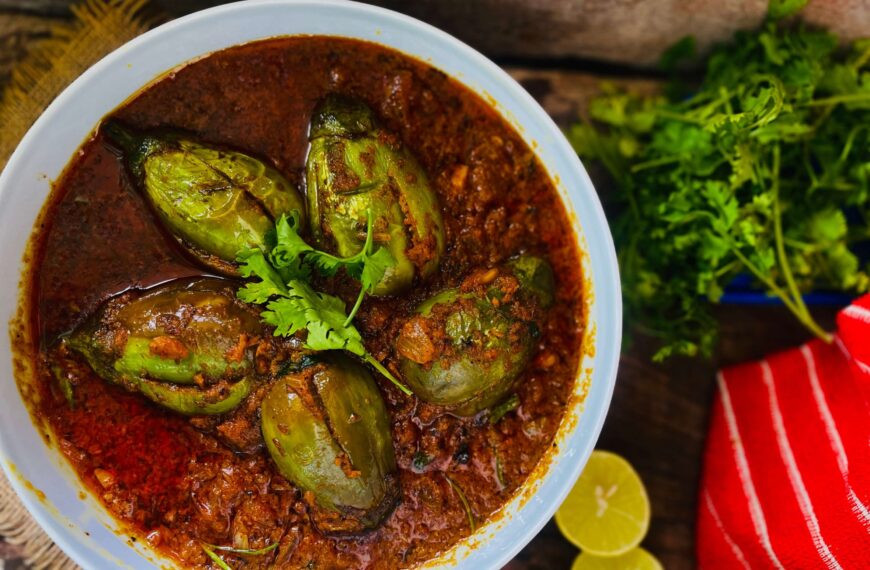The deeds and misdeeds of Tipu Sultan are aired, discussed, debated and washed like dirty linen by all and sundry again and again even 300 years later, while a few among the clueless emotion driven ‘Janata’ get violent and are clobbered or lathied to death for no reason at all except of course for protesting either against or for the Tipu-celebrations. Sreelata revisits history to clear the fog about Tipu, exclusively in Different Truths.
It is that time of the year again and well folks how can we allow dear Tipu to lie in peace? We need to resurrect him every year don’t we just to prove that we can’t let sleeping dogs lie.
So our government of the day needs to celebrate his ‘Jayanthi’ with much fanfare and pomp for after all he was that great strong immovable bastion who stood up to the nefarious British. A British more evil than the French, the Dutch or the Portuguese. And there are those long-suffering people of Coorg, Kerala and a major part of Karnataka, who see him as a barbarian – due to no doubt to the horrendous horrors visited upon their ancestors by a self-professed Islamic aggregator. The very idea of a Tipu-celebration is anathema to them.
So his deeds and misdeeds are aired, discussed, debated and washed like dirty linen by all and sundry again and again even 300 years later, while a few among the clueless emotion driven ‘Janata’ get violent and are clobbered or lathied to death for no reason at all except of course for protesting – at their various political leaders behest – either against or for the Tipu celebrations.
 It is, therefore, beyond one’s comprehension as to why the Karnataka government needs to – based on the views of a few historians whose premises are simply built upon the fact that Tipu was a learned man, a brilliant innovator and an able statesman who was only trying to add to his fiefdom of Mysore, which no doubt he was and more – go against general sentiment and raise him from the dead year in and year out. Even if he were, does it really matter today? Does he need to be held up as a shining example of a model conqueror and defender when he could well have been otherwise as other contrary historical narratives conclude?
It is, therefore, beyond one’s comprehension as to why the Karnataka government needs to – based on the views of a few historians whose premises are simply built upon the fact that Tipu was a learned man, a brilliant innovator and an able statesman who was only trying to add to his fiefdom of Mysore, which no doubt he was and more – go against general sentiment and raise him from the dead year in and year out. Even if he were, does it really matter today? Does he need to be held up as a shining example of a model conqueror and defender when he could well have been otherwise as other contrary historical narratives conclude?
He certainly was not a secular leader. Nor was he a ‘Freedom Fighter’ as he is being made out to be by his votaries. Our fight for freedom began a whole century and a half later. So deeming him as one is to insult our true ‘Freedom Fighters’.
His fight was also not only against the British. He fought the Marathas, the Nizam of Hyderabad, the Nawab of Arcot and also the Rajas of Travancore – the latter who by the way were the only ones to get the better of him much to his despair.
Reams have been written and recorded about the horrific havoc perpetrated by Tipu against the Hindus in Malabar, the Christians in Mangalore and the Brahmins in Mysore. In fact, there is a moving account of how Tipu slaughtered the entire village of Melkote on Diwali day. To this day, Diwali is a symbol of mourning for the people of Melkote.
So then why are we attempting to rake up such a chequered icon of the past constantly? What is the dire need to make a hero out of a charlatan or vice versa, time and time again?
There is no doubt that Tipu’s ambition was to establish an Islamic Caliphate in India. There are many secret letters that attest to this at the India Library London where Tipu – extending his complete cooperation – had in fact invited the rulers of Afghanistan, Persia, and Iran to come invade North India. That he was nothing but a self-serving general, who was bent upon like all other notable examples – Nadir Shah, Chenghis Khan – expanding his empire through fair means and foul, with the foul being more apparent than the fair if documented evidence is anything to go by is also beyond any quibble.
And nothing could be more conclusive about his fierce intentions down south than his letter to Governor Zuman Khan of Bekal on the 19th of January 1790. “Don’t you know I have achieved a great victory recently in Malabar and over four lakh Hindus were converted to Islam? I am determined to march against that cursed Raman Nair, the Raja of Travancore very soon. Since I am overjoyed at the prospect of converting him and his subjects to Islam, I have happily abandoned the idea of going back to Srirangapatanam now.”
Thus, what has happened cannot be erased whatever our coterie of historians, who profess to be unbiased writers or purveyors of the alleged ‘truth’ might say. The pain inflicted on large areas of South India in the name of religion whether it was a natural fallout of expansionist battles or not, cannot be condoned or forgotten. Nor can it be treated as a normal corollary of war as easily as they seem to think. History also cannot be read ‘in between the lines of inscriptions’ nor rewritten when there is not only proof by word of mouth but also the treatises of people-biased though it might seem to those not affected- whose ancestors have lived through those times.
Still be that is it may, Tipu Sultan whatever his intentions like all other rulers are a part of our past – a  history that has absolutely no bearing on our lives today unless we allow it. As averred by some historians he may well have been a generous and benign benefactor to those he favored, a brave and courageous general to the men he led and a brilliant strategist and administrator in the kingdom he ruled but equally there is no gainsaying the fact that he wanting to establish a Muslim empire in the South barbarically massacred and converted millions just like other rulers of his ilk. So to hold him up as a shining example of an exemplary ruler is to condone the atrocities he let loose on the people of South India. It is to forget that he was a two-faced Janus steeped in duplicity.
history that has absolutely no bearing on our lives today unless we allow it. As averred by some historians he may well have been a generous and benign benefactor to those he favored, a brave and courageous general to the men he led and a brilliant strategist and administrator in the kingdom he ruled but equally there is no gainsaying the fact that he wanting to establish a Muslim empire in the South barbarically massacred and converted millions just like other rulers of his ilk. So to hold him up as a shining example of an exemplary ruler is to condone the atrocities he let loose on the people of South India. It is to forget that he was a two-faced Janus steeped in duplicity.
In any case, those among our present generation who are against the celebrations are not asking for any retribution for wrongs of the past. They just don’t want a one-sided portrayal of him as a hero or a celebration paid by the exchequer. They do not believe that because Tipu fought against the British he is a hero or that because he did so it condones all the horrendous slaughtering he committed in the name of religion.
Therefore, despite history always retaining its topicality, to celebrate his birthday 300 years later or name a university after him has little relevance other than to indicate to us that those atrocities on the Hindus of the south don’t matter. It also simply plays into the hands of an opposition who is waiting for a chance to push their own agenda and create chaos. And who can truly fault them when other than some politicians the general populace is against the very idea of these celebrations.
So is there any need to go around resurrecting a figure so controversial every year? Does it serve any purpose other than stoking current emotions and dividing our society into sectarian lines? Should political expediency and vote bank politics be allowed to mess up our lives with things that happened three centuries ago?
Hero or charlatan – is it really relevant today? Does it even matter?
©Sreelata Menon
Photos from the Internet
#CoverStory #TipuSultan #HeroOrCharlatan #History #DifferentTruths



 By
By

 By
By
 By
By
Truly different